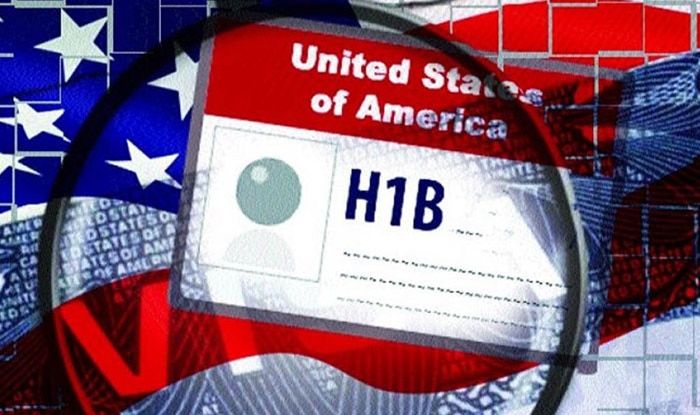New Delhi: The United States Citizenship and Immigration Services (USCIS) has announced a final rule for the H1-B visa, giving priority to salary and skills of an employee instead of the current lottery system. The decision has been taken to protect the economic interests of US workers and give better employment opportunities to highly-skilled foreign employees in specialty occupations that require theoretical or technical expertise.
What is the H1-B visa?
The H1-B visa is a non-immigrant work permit for foreign employees who wish to work in the United States. The visa is currently sponsored on a lottery basis by American companies for specialty occupations in a field that requires theoretical or technical expertise. In such a case, the employer pays the selected applicant the visa fees and submits the required paperwork on their behalf, paving way for the visa.
It is valid for three years, initially, and can be extended up to six years. However, exceptions apply to employees working in a specialised field that requires a longer period of their stay.
What’s changed?
The new change in H1-B visa selection process gives priority to salary and skills of an employee instead of the current lottery system.
The recent modification in the selection process is aimed to incentivise employers to offer higher salaries, and/or petition for higher-skilled positions, and establish a more certain path for businesses to achieve personnel needs and remain globally competitive, said US Citizenship and Immigration Services.
H1-B visa rules have been changed to eliminate the exploitation and abuse by employers primarily seeking to fill entry-level positions and reduce overall business costs, USCIS Deputy Director for Policy Joseph Edlow said during the announcement.
How will the new change in H1-B affect Indians?
The change in final rule of the H1-B visa, proposed by the Trump administration ahead of the November 3 elections last year, is expected to reduce the profitability of IT companies as the number of visas approved will get reduced.
However, the President-elect Joe Biden has said that his administration will reform the H-1B visa system by eliminating the restrictions on employment-based green cards for Indians.
As a result, Biden is expected to reverse Trump’s policy that blocked Indian immigration to the US. However, it may not be very easy for Biden to reverse Trump’s tight vis policies adopted over the last four years.
The final rule will be effective 60 days after its publication in the Federal Register. The next H-1B visa filing season is slated to start on April 1.
